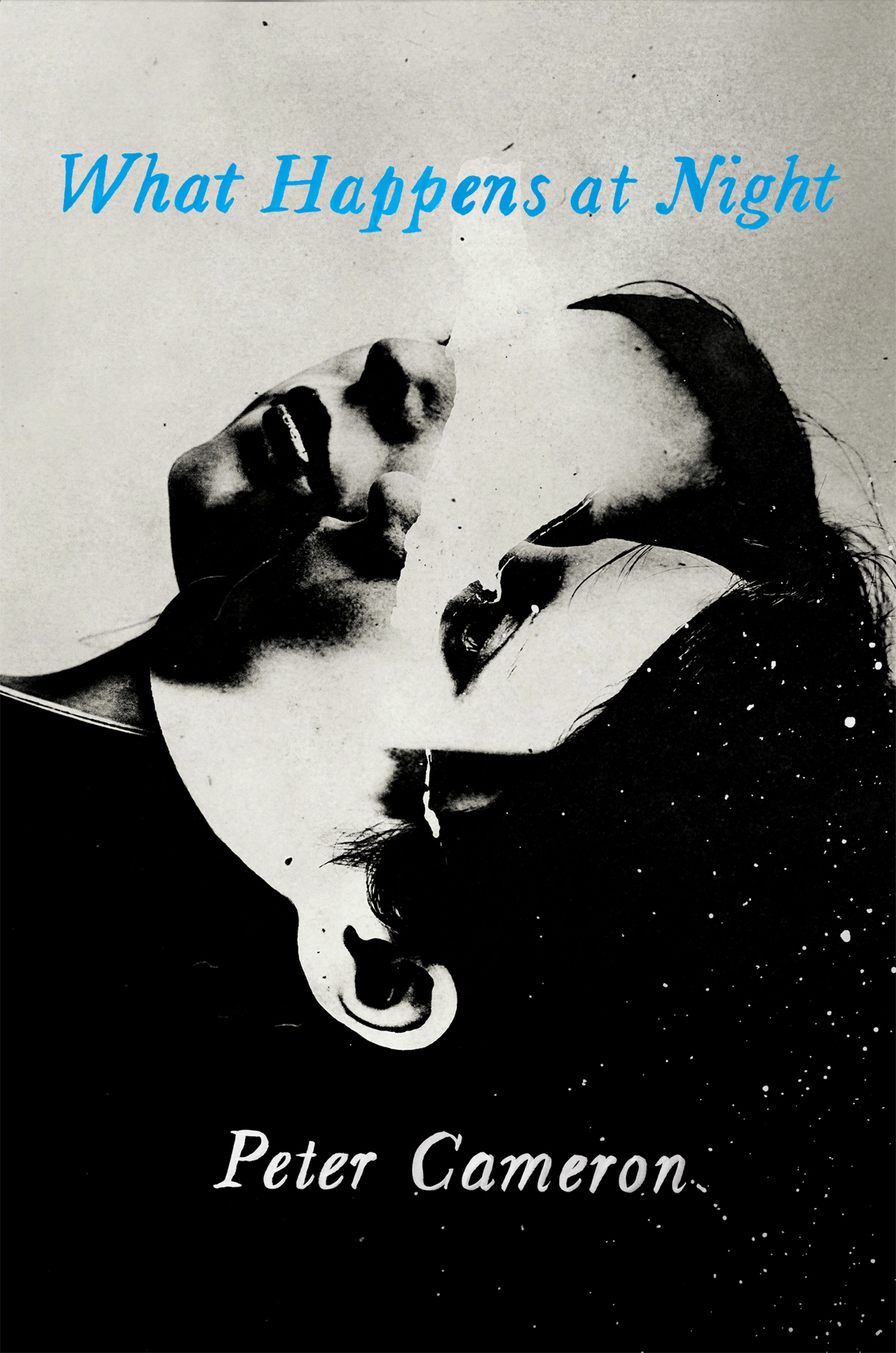
What Happens at Night
کتاب های مرتبط
- اطلاعات
- نقد و بررسی
- دیدگاه کاربران
نقد و بررسی

June 8, 2020
In this dreamlike, resonant fable, Cameron (Coral Glynn) depicts a pair of lost souls who travel to the edge of the world. Two unnamed New Yorkers in a frosty marriage disembark from a train in Borgarfjaroasysla, a fictional, far-northern European city, and check into the elegant Grand Imperial Hotel. The childless couple has come to the wintry land to adopt a baby boy from an orphanage, and they’re baffled, frustrated, and occasionally comforted by the city’s inhabitants as they endure delays with the adoption. There’s a mannered quality to the pervasive strangeness (a receptionist maintains an “impassive, unseeing attitude”; long dark days end before they begin), and the occasionally solemn dialogue doesn’t help (“I know what I’ve become. How I am. What I am”), but generally Cameron doles out the right amount of eeriness and eccentricity. Livia Pinheiro-Rima, a bighearted lounge singer and pathological liar who looks after the adrift couple, is particularly memorable. Less convincing is the portrait of a local healer, Brother Emmanuel, whose mystic aura inspires the wife with hopes of recovery from her cancer. A torpor hangs over the events and protagonists, who respond passively to the bizarre world around them. While the idiosyncratic setting can sometimes serve as a foil for the couple, their response makes Cameron’s admirable tale emotionally affecting. Agent: Anna Stein, ICM Partners.

Starred review from June 15, 2020
A snow-swept journey to the ends of the Earth continues Cameron's exploration of defamiliarized landscapes and the intricacies of human relationships. A husband and wife arrive by train into the endless winter night of a mysterious Arctic region. The woman is dying of cancer; as her body erodes, her connection to--and patience for--her husband vanishes with it, but after suffering a succession of pregnancy losses throughout their marriage, she is determined to provide him with a family, a child, before she dies. They have come to the town of Borgarfjaroasysla (like Cameron's Andorra before it, a name that recalls a real place but which is released from the confines of reality through a reimagined geography and, in this case, a slightly different name) to claim a foundling at the local orphanage, the only place on Earth, given their age and the woman's failing health, that would agree to an adoption. They settle into the vast Borgarfjaroasysla Grand Imperial Hotel, bedecked in the antiquated opulence of a bygone era and, like the town around it, sparsely occupied but filled with eerie tensions. On their first night there, the man ventures down to the hotel bar, a dark, low-ceilinged burrow emanating a red glow through a glass-beaded curtain. Here, over snifters of the regional specialty, a curious liqueur made of lichen "tinged with the silvery blue glow that snow reflects at twilight," he meets a striking, eccentric old woman named Livia Pinheiro-Rima, who quickly assumes a role in the couple's life that's half meddlesome spirit, half fairy godmother. The next morning, rather than delivering them to the orphanage to meet their son, their taxi deposits them at the home of Brother Emmanuel, a renowned healer and the only draw for travelers to the town besides the orphanage, whom Livia has decided the woman needs more than she needs a baby. Having ferried his wife to this enchanted hinterland on the threshold of eternity, where life, nature, and time flow to a dilated rhythm and she embraces the metamorphosis that awaits her, the man emerges, ambivalently, at times reluctantly, into a transformation of his own. A dreamy fable confronting love, death, and our inevitable inadequacy yet persistence in the face of both.
COPYRIGHT(2020) Kirkus Reviews, ALL RIGHTS RESERVED.

June 1, 2020
A husband and wife travel from New York City to a remote European town to adopt an infant and repair their splintering marriage in this atmospheric and philosophical tale. Soon after arriving at the mysterious and oddly luxurious Borgarfjaroasysla Grand Imperial Hotel, the unnamed man and woman encounter an eccentric cast of characters, including an aging, once-famous theater diva; an abrasive, hyperaggressive businessman; and a sought-after yet questionable faith healer. The couple's failing marriage is due in some measure to the wife's fatiguing battle with cancer, her struggle to reconcile herself with her failing body, her husband's feelings of helplessness, and her subsequent resentment of his helplessness. The claustrophobic setting somehow brilliantly and counterintuitively creates the space for Cameron (Coral Glynn, 2012) to expand the interiority of his characters, to spelunk down into their psychological labyrinths, and follow the paths wherever they might lead, leaving the reader transfixed and wonderfully disoriented. This willingness to construct a consciousness out of language shares a sensibility with such mid-century European masters as Stefan Zweig and Robert Walser and rewards close reading.(Reprinted with permission of Booklist, copyright 2020, American Library Association.)

























دیدگاه کاربران